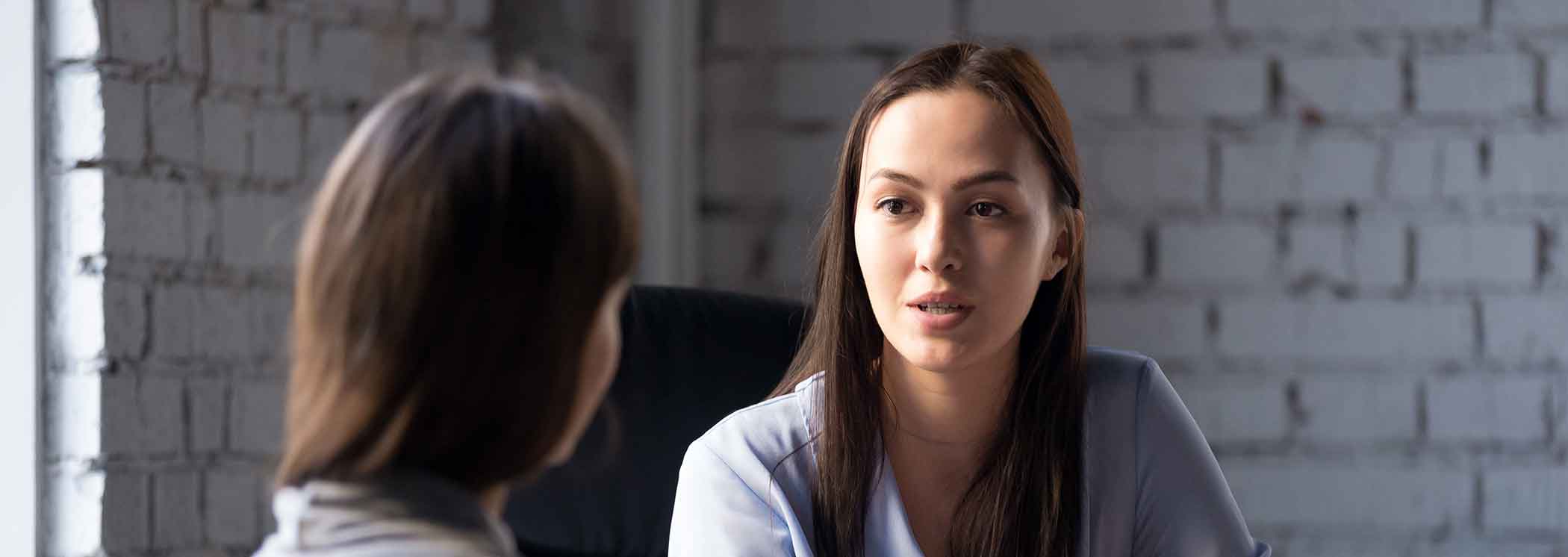-
- 02 Jul
We all know we have an impact on our clients through our coaching. But how often do we think about the impact the coaching engagement has on us? If we’re conscious enough about it we’ll learn just as much about ourselves, while coaching, as our clients will learn about themselves being coached.
When we coach, we meet ourselves.
Through our engagements with clients we have the opportunity to become aware of our own tendencies. We bring our humanity with all its facets, whether we mean to or not, and that includes the parts of us that are integrated, un-integrated, congruent, incongruent, whole, wounded, conscious and egoic.
The level of self-realization we have will determine the depth of space we hold for our clients.
If a coach has a tendency toward being in control of the world around them, they will show up with that drive in coaching sessions. It will be harder for them to dance in the moment with their clients and they’ll be more likely to insert their own agenda. If a coach has a tendency to see others as broken and in need of “fixing”, rather than seeing them as whole and complete and simply dealing with life’s inevitable challenges, they’ll likely engage that way as a coach. If a coach places value on winning or being right, that will also play out in coaching. They will not play out a “power with” role, but rather, engage in a “power over” one.
We have the profound opportunity, as coaches, to take a journey of greater awareness and self-healing in the same moment we engage our clients to take their own.
The most powerful among us are the coaches who’ve done years of self-exploration and integration work. They are not only self-aware but are also conscious of the impact that they have on others and have learned to manage their behaviors. This is not done separately from their role as coach, but rather, in tandem with it. They use the coaching space as a way to discover their own fears, limitations and unfinished business as well as their strengths and depths. They regard themselves as students of all of life. As Aristotle said, “The more you know, the more you know you don’t know.”
We can’t help others discover themselves unless we take that journey for ourselves.
Because coaching is an interpersonal craft, with two people on a journey, we have a responsibility for our side of the work by becoming ever more aware. Coaching has to be an intrapersonal craft as well. In seeking enlightenment we are able to serve that journey in our clients. Without it, we cannot.
About the Author
Justina Vail Evans, MCC CHt
Justina is co-founder and Director of Training of Envision Coach Training, serving the company in multiple roles including lead instructor and mentor coach. Justina is a Master Certified Coach, hypnotherapist, grief recovery specialist and master NLP practitioner.

